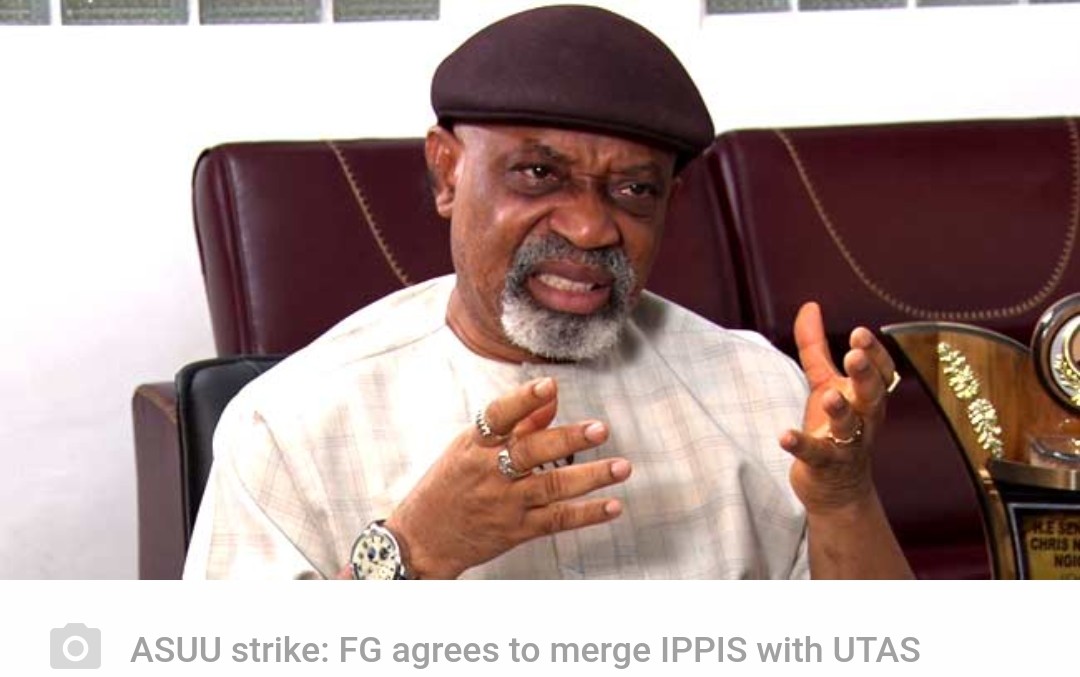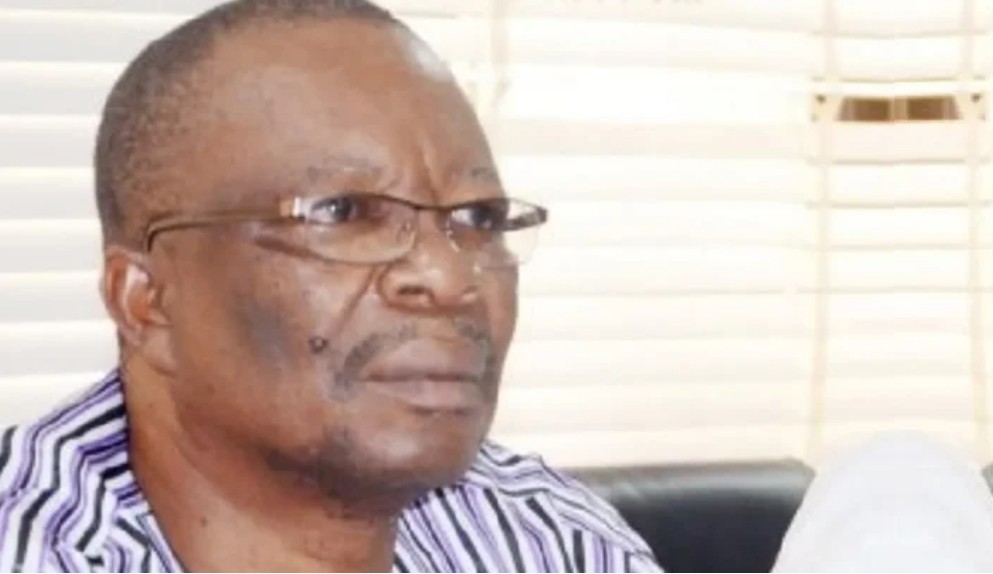Home > News > New Constitution: Take Your Demands to S...
New Constitution: Take Your Demands to State Assemblies, NASS Advises Nigerians
By AnchorNews | 06 Jul, 2025 06:29:57am | 71

The National Assembly (NASS) has announced its intention to transmit the report of the ongoing constitution review to the 36 State Houses of Assembly by December 2025, in line with its planned schedule and timeline.
However, the legislature emphasized that stakeholders with specific amendment requests should actively engage and lobby their respective state assemblies, as the National Assembly alone cannot effect constitutional amendments without the required approval from two-thirds of the state assemblies.
This was made known by Senator Opeyemi Bamidele, Senate Leader and Zonal Chairman of the Senate Committee on the Review of the 1999 Constitution, during the conclusion of a two-day zonal public hearing held in Lagos.
Since the inception of constitutional amendment efforts in the Fourth Republic (1999), critical issues such as devolution of powers, local government autonomy, creation of new states, and the establishment of state police have dominated discussions at zonal public hearings.
Also present at Saturday's hearing were several key senators, including Senator Olarere Oyewunmi (Deputy Minority Leader), Dr. Oluranti Adebule (Chairperson, Senate Committee on Humanitarian Affairs and Poverty Reduction), Senator Ipalibo Banigo (Chairperson, Senate Committee on Health), Senator Olajide Ipinsangba (Chairman, Senate Committee on Public Procurement), and Senator Adeniyi Adegbomire (Chairman, Senate Committee on Judiciary, Human Rights and Legal Matters), among others.
In his remarks, Senator Bamidele stated that the committee is returning to Abuja to prepare its report, which will be submitted to state assemblies before the end of 2025 as scheduled.
“We have completed the public hearing phase. Our next step is compiling and finalizing the report before submitting it to the state assemblies, as outlined in our timetable. This will mark the completion of the review process,” he said.
He emphasized that the constitution review process is not a ceremonial activity, as some critics believe, but a serious reform effort aimed at ensuring prosperity, more efficient governance, and sustainable national development.
Senator Bamidele reiterated that the National Assembly cannot successfully complete the amendment process without the approval of at least two-thirds of the state assemblies. He urged all stakeholders across Nigeria to lobby their state legislators to support the proposed amendments.
“We, in the National Assembly, will process and forward all proposals received to the state assemblies. However, it is the responsibility of stakeholders to engage and secure the support of state legislatures if these proposals are to become part of the Constitution,” he said.
He added: “There is nothing the National Assembly can do without a two-thirds majority approval from state legislatures. It is critical for stakeholders to work closely with lawmakers at the state level. These assemblies are not only part of the process but are eagerly awaiting the report.”
During the Lagos hearing, representatives from all six states in the geopolitical zone participated, sharing aspirations, concerns, and recommendations from their constituents.
“We advise those seeking specific constitutional changes to extend their advocacy to the state assemblies. Lawmakers must act in line with the will of the people they represent,” he added.
Also speaking at the public hearing, Hon. Debo Ogundoyin, Chairman of the Conference of Speakers of State Legislatures of Nigeria and Speaker of the Oyo State House of Assembly (represented by Deputy Speaker Rt. Hon. Abiodun Fadeyi), advocated for greater devolution of powers to subnational governments to accelerate national development.
He called for the removal of several items from the Exclusive Legislative List to the Concurrent List, such as solid minerals, labour matters, drugs and poisons, telecommunications, and stamp duty, enabling both federal and state governments to legislate on them.
“The devolution of powers is central to this amendment process. For example, removing electricity from the Exclusive List has allowed states to initiate independent power projects, transforming the sector,” Ogundoyin stated.
He also supported the creation of state police, citing benefits such as enhanced local security, improved community policing, reduced burden on federal agencies, greater accountability, and increased employment opportunities.
“The debate around state police has gained momentum. While concerns exist, its benefits clearly outweigh potential drawbacks,” he noted.
Ogundoyin emphasized the need for clear definition of state police powers and responsibilities, along with oversight mechanisms and a framework for coordination with federal police, to ensure balance, accountability, and effective implementation.

Leave a Reply
Your email address will not be published. Required fields are marked *
Category
 Religion
Religion  Culture & Tourism
Culture & Tourism Crime & Security
Crime & Security.jpeg) Interviews
Interviews Health
Health News
News Education
Education  Technology
Technology Sports
Sports  Business & Economy
Business & Economy Opinion
Opinion Politics
Politics Entertainment
Entertainment